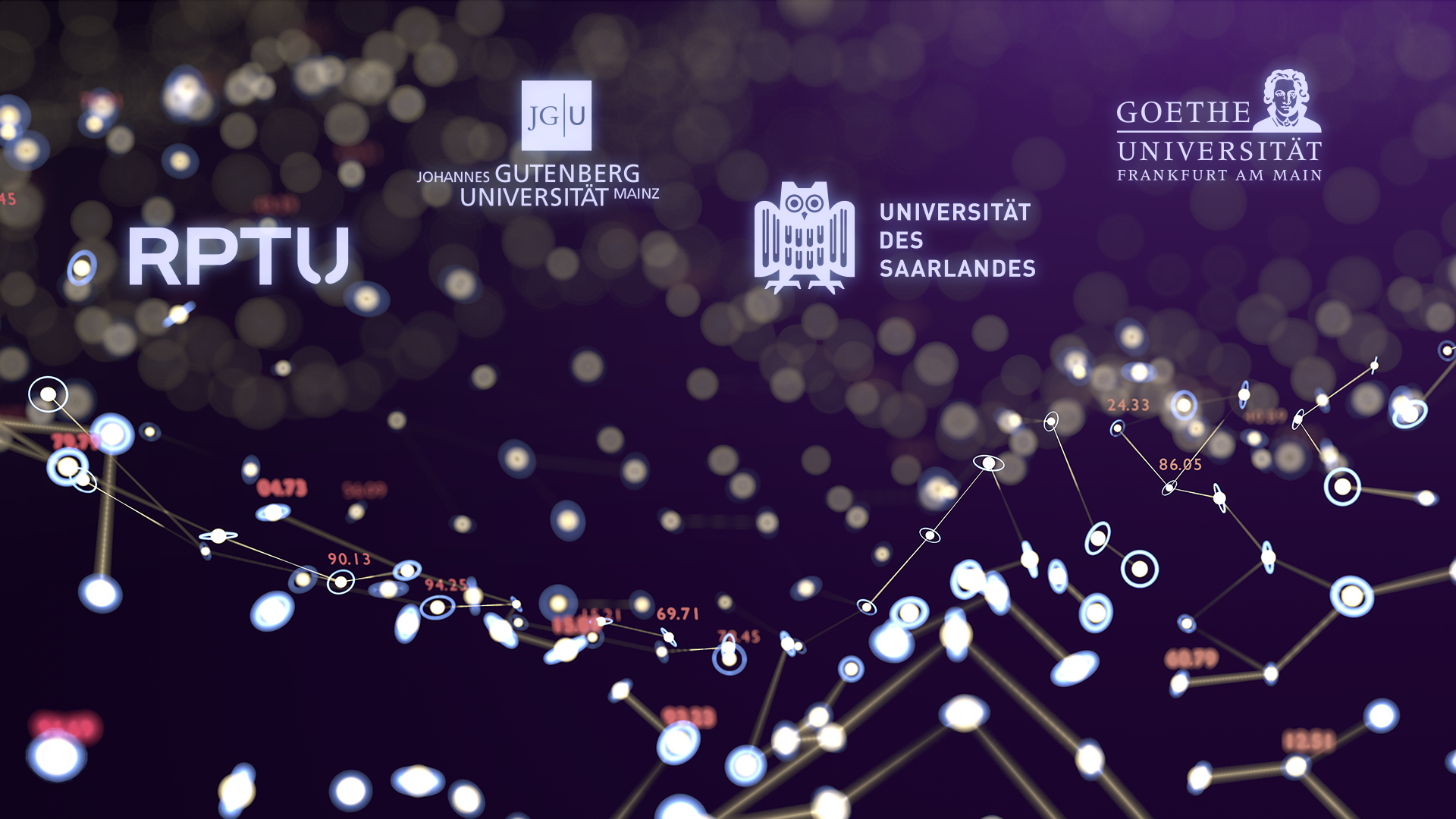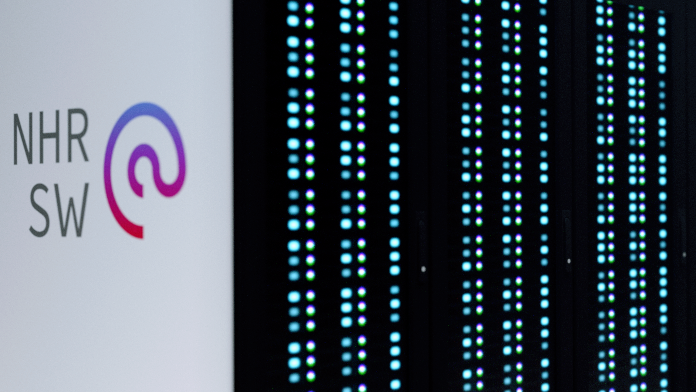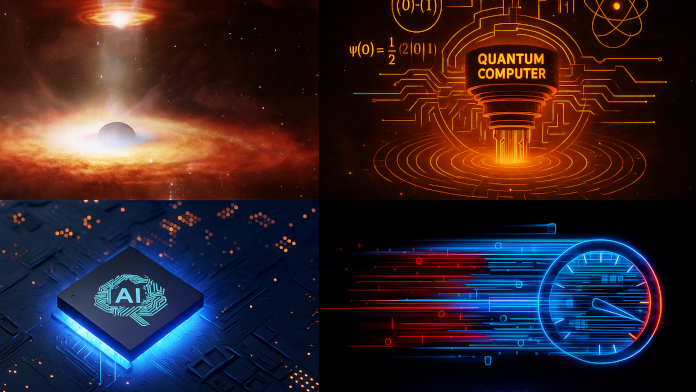
Empowering HPC in Research and Innovation
NHR South-West is a collaboration of Johannes Gutenberg University Mainz, Goethe University Frankfurt, University of Kaiserslautern-Landau and Saarland University, embedded into the German National High Performance Computing (NHR) association. It connects researchers and scientists with cutting-edge supercomputing resources, expert support, and a vibrant community. Whether you are simulating complex systems, analyzing massive datasets, or exploring new HPC methods, we help you turn computational challenges into discoveries.



